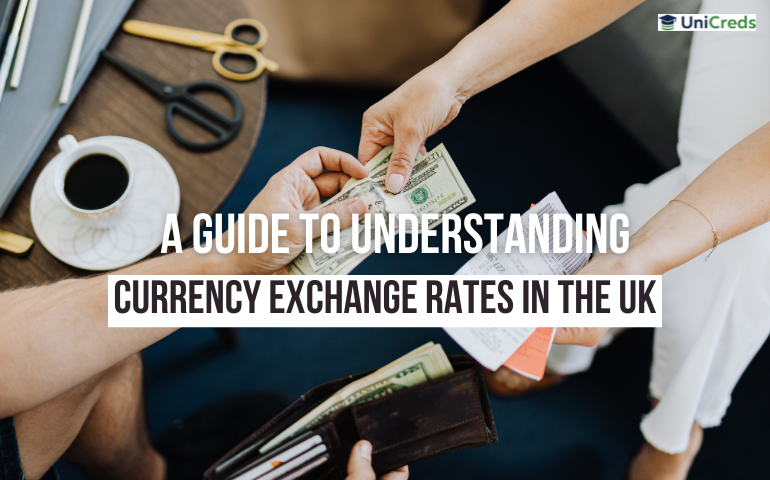Table of Contents
Moving to a new country implies that you will have to create a bank account outside your country of residence. Offshore banking is all about creating, maintaining and making use of your bank outside your country. Offshore bank accounts are typically opened by people in search of favourable financial conditions such as lower interest rates, minimum initial deposits, and more. Offshore accounts offer alternative ways to managing money, however, it does require a great deal of research to open an account and make sure that you’re complying with the necessary legislation.
What Is Offshore Banking?
Offshore banking is simply the use of financial services in a foreign jurisdiction other than the one in which one resides. So everybody who has a bank account in a foreign nation other than their own country is involved in this.
For Instance – If you are a citizen from the UK and set up an account in the US, you are opening an offshore bank account. Previously, banks offered these services in a limited number of jurisdictions; however, one can now create an offshore account practically everywhere.
Why Use An Offshore Bank?
Offshore banking offers several advantages that are not available in your conventional domestic banking system. Diversifying your assets over many channels, countries, accounts, and currencies also helps to secure your money and decreases the risk of being caught off guard in the event of a bank failure, currency devaluation, or economic collapse.
- Accounts can be operated in several currencies. Users with multi-currency accounts may send and receive payments in many currencies.
- There are foreign exchange tools that allow you to fix currency values in advance. This eliminates the ambiguity that often accompanies foreign transactions.
- The ease of concentrating financial transactions via offshore accounts is that it involves many countries via a single bank. This is good for organisations with activities in many countries.
- Offshore banking security provides individuals in politically/financially risky countries with reassurance. Money kept in an offshore account is unaffected by domestic issues.
Merits & Demerits Of Offshore Banking
Merits
Flexibility – Those who want access to their money or overseas finance can do it more swiftly and conveniently through offshore accounts than through local arrangements.
Financial advantages – Typically, offshore accounts provide greater interest rates and cheaper taxes than domestic accounts.
Diversification – If you’re investing money overseas, offshore banking allows you to spread your investments across many places rather than putting all of your eggs in one basket.
Privacy – Offshore banks often provide more privacy than domestic banks, with confidentiality agreements stating that personal information will not be shared with any third parties. Some financial institutions also provide anonymous accounts.
Demerits
Larger deposits – Some offshore bank accounts may demand higher deposits. To avoid fees, you may also need to agree to retain a certain amount of money in the account.
Expensive costs – Transaction and administration fees are often greater than those charged by domestic and standard high street banks. Before creating an offshore account, you should request a complete list of fees.
Less protection – While offshore banks can provide security for residents of financially or politically unstable nations, funds are less likely to be safeguarded by guarantee programmes. Money in offshore bank accounts, for example, is not insured by EU member state deposit guarantee programmes. Some governments, however, have distinct offshore banking protection regimes.
How To Open An Offshore Account
In terms of processes and regulations, creating an offshore bank account is quite similar to opening a standard bank account. You must submit the same personal information as before, including your complete name, date of birth, and address. The same basic documentation is needed. This often includes:
- A valid passport photo ID
- A valid address proof
- Proof of income
- Information from your current bank, such as statements and references
- Information appropriate to the type of account you are creating and all essential corporate paperwork if you are starting a business account This comprises a registration number that indicates where the company is registered.
Is It Legal To Open An Offshore Account
Banking offshore is entirely legal. Many well-known banks provide offshore bank account alternatives, and everything is legal as long as you follow the requirements. Using an offshore account to undertake any of the following is illegal:
- Avoid paying taxes on your income
- Hide money that has not been declared to the appropriate tax authorities
- Keep money that was obtained through unlawful means
- Some tax regulations in certain countries may look confusing, so make sure to verify the legislation in your native country to ensure that you comply with the requirements. After all, if you are found using an offshore account illegally, you might face a substantial fine or possibly jail time.
Thank you for reading this blog on ‘What Is Offshore Banking?’ If you’d like to read more, here are some blogs that might be of interest to you –
- Comprehensive Checklist A Student Must Need While Moving to A University
- Canara Bank Education Loan
- Karur Vysya Bank Education Loan Options For Students
Looking for student Education Loans?










0 Comments